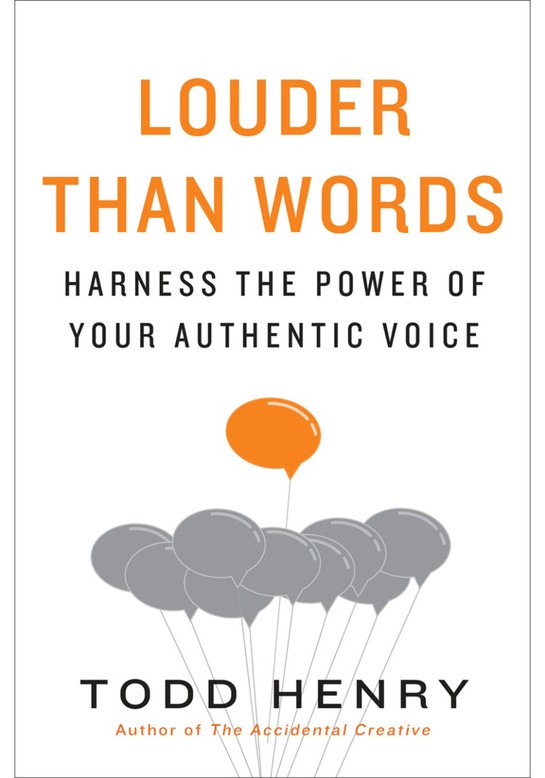Helpful Ideas from Self-Help Books
Looking to make changes? We sifted through this year's new releases, eliminated anything superficial or silly and discovered a few practical, illuminating techniques.
By Elisabeth Donnelly
What You Want: To find out what you (really) want to do.
Figuring out what you're meant to do in life is hard. You probably like a bunch of things, love a few other things and worry that committing to any of them might land you in a fireball of failure. In his book, Louder Than Words: Harness the Power of Your Authentic Voice, Todd Henry, an author and consultant, has come up with a practice called "50 Notables" that helps you rethink your options.
Take a pen and paper, he advises. List 10 instances when people responded to your ideas. Then ask yourself: Why did they respond? What did you do that compelled them to listen? Next, list 10 times when you were moved emotionally. Then 10 times you felt angry over an injustice. Then 10 of your greatest hopes, and 10 times you've solved a problem. At the end of this process, you'll have 50 specific examples of your strengths, passions and dreams.
Now, writes Henry, the work begins. Look for patterns. How did your ability to convince someone of your idea correlate with an instance when you were moved emotionally? How could your success at solving a problem be used to pursue a dream? "These categories," writes Henry, "are a great calibration tool to help you figure out how to direct your work." And life.
Figuring out what you're meant to do in life is hard. You probably like a bunch of things, love a few other things and worry that committing to any of them might land you in a fireball of failure. In his book, Louder Than Words: Harness the Power of Your Authentic Voice, Todd Henry, an author and consultant, has come up with a practice called "50 Notables" that helps you rethink your options.
Take a pen and paper, he advises. List 10 instances when people responded to your ideas. Then ask yourself: Why did they respond? What did you do that compelled them to listen? Next, list 10 times when you were moved emotionally. Then 10 times you felt angry over an injustice. Then 10 of your greatest hopes, and 10 times you've solved a problem. At the end of this process, you'll have 50 specific examples of your strengths, passions and dreams.
Now, writes Henry, the work begins. Look for patterns. How did your ability to convince someone of your idea correlate with an instance when you were moved emotionally? How could your success at solving a problem be used to pursue a dream? "These categories," writes Henry, "are a great calibration tool to help you figure out how to direct your work." And life.
Published 01/04/2016


